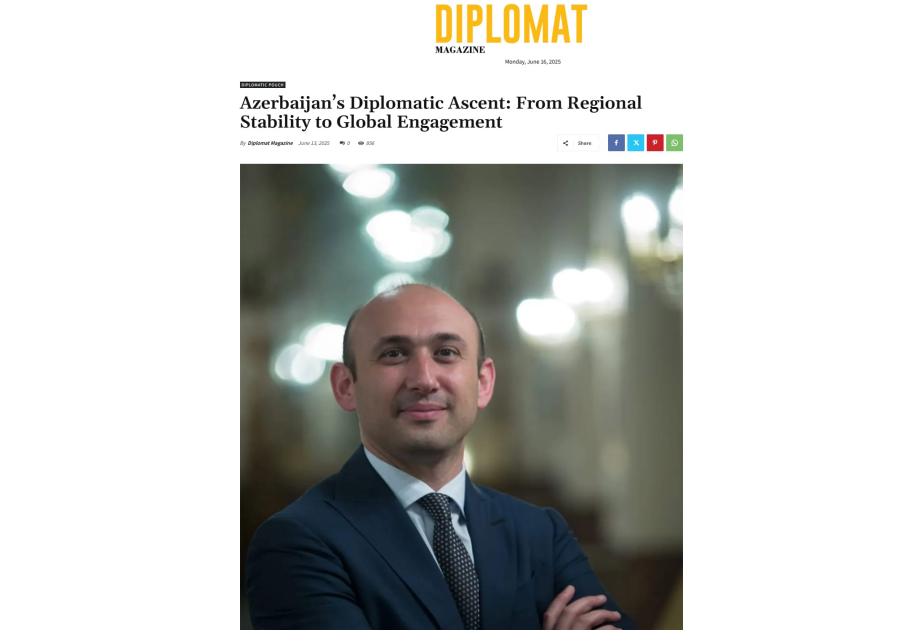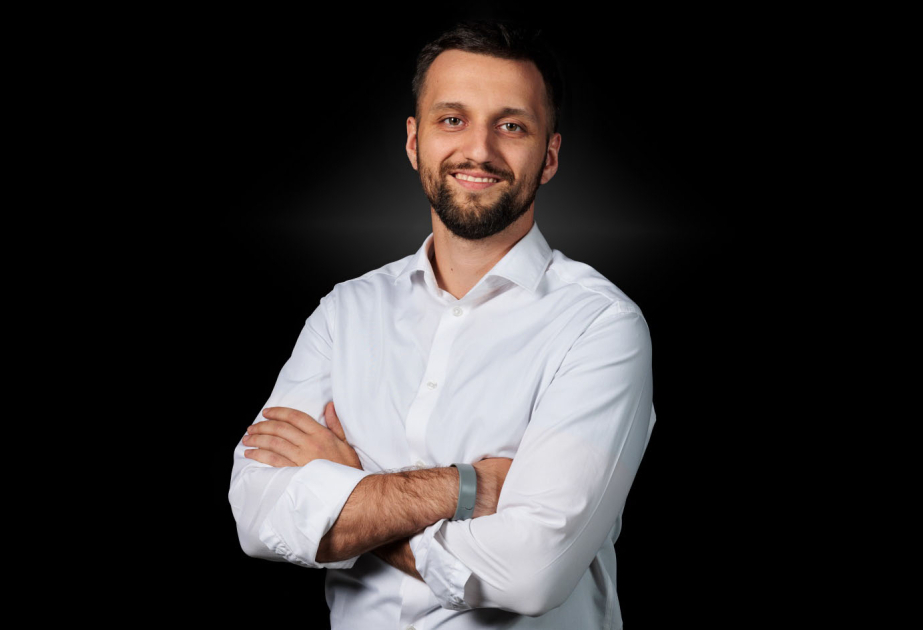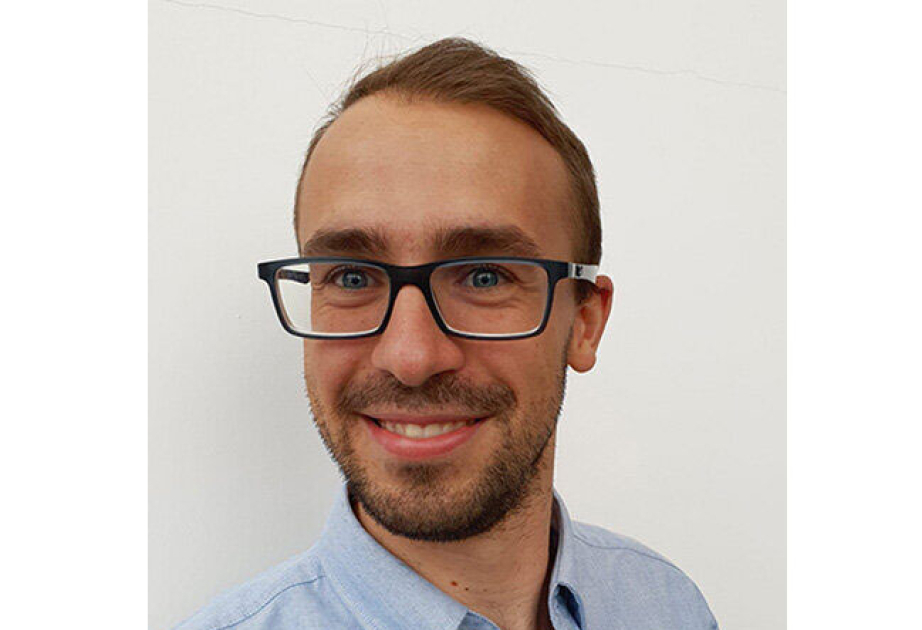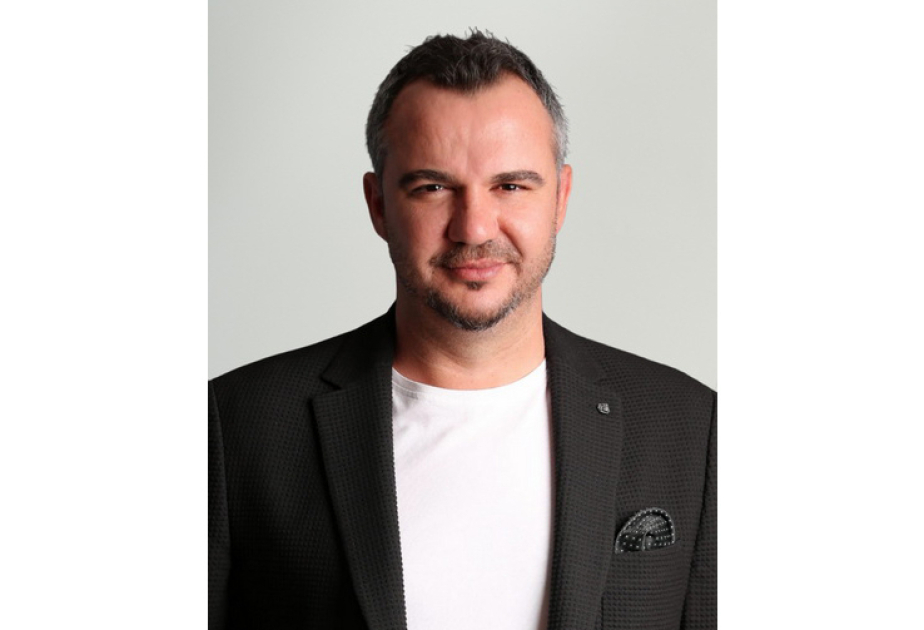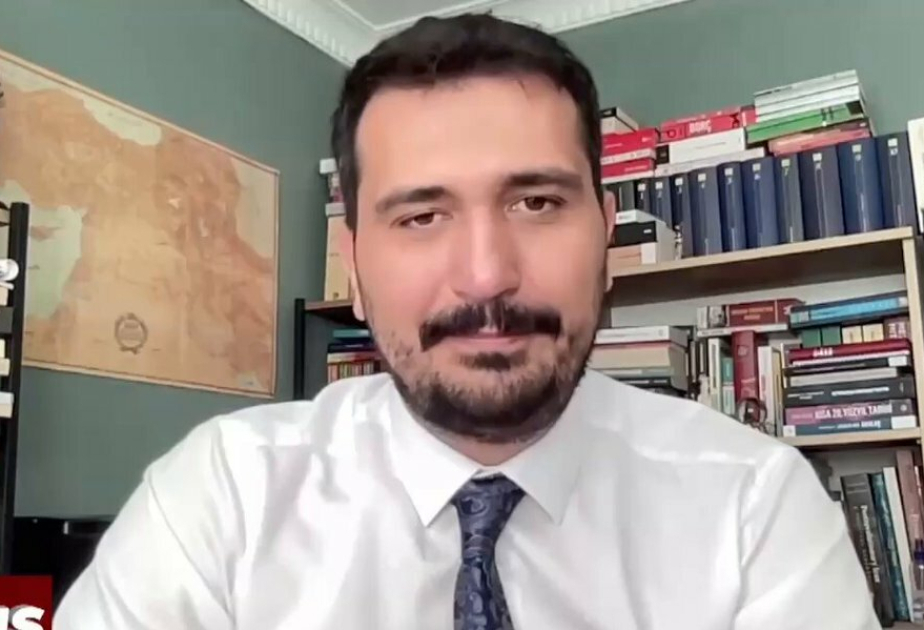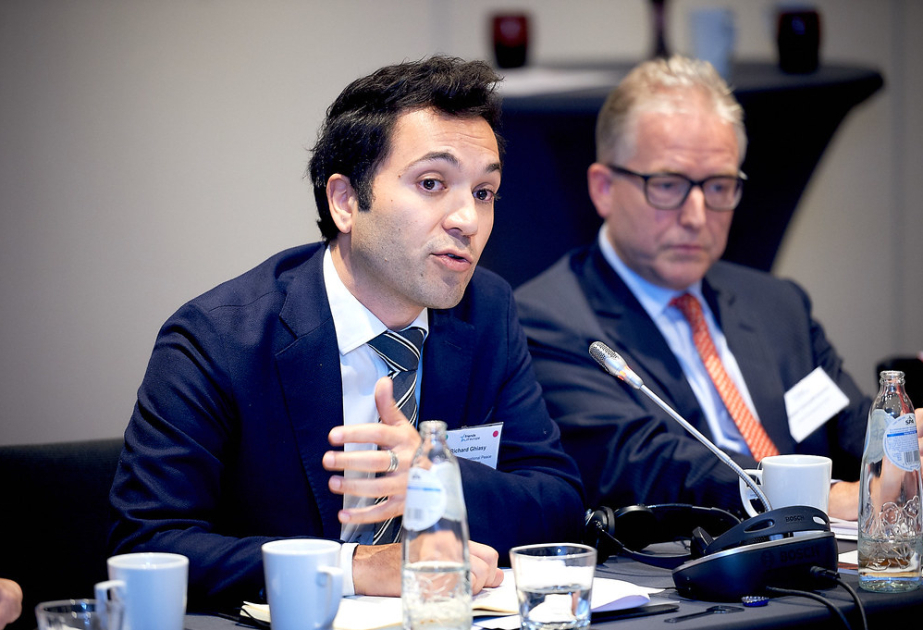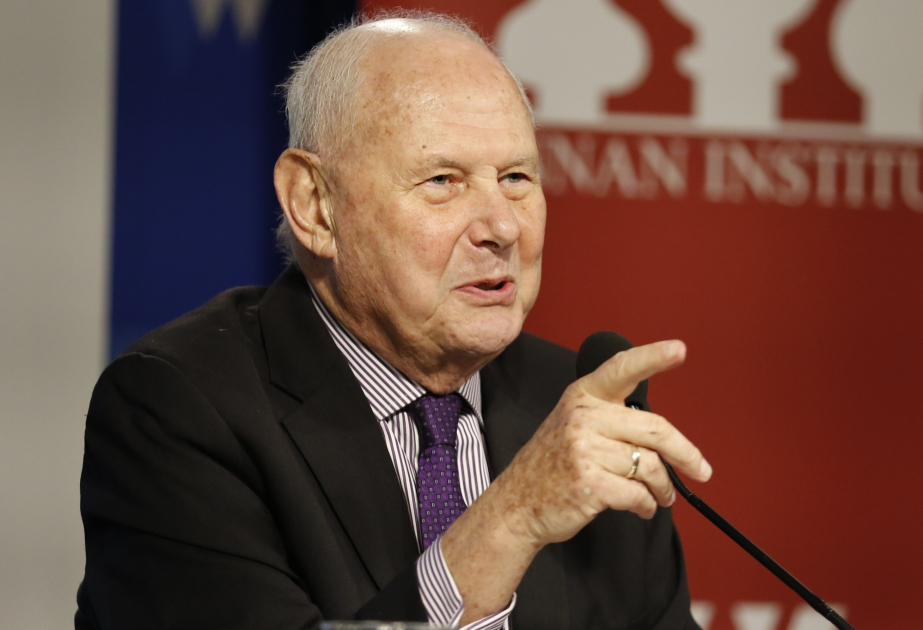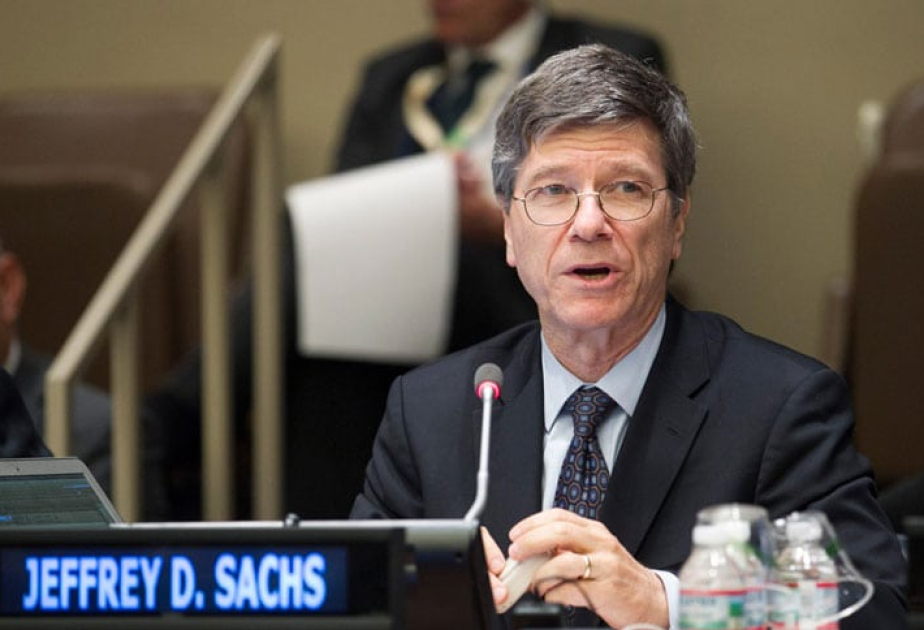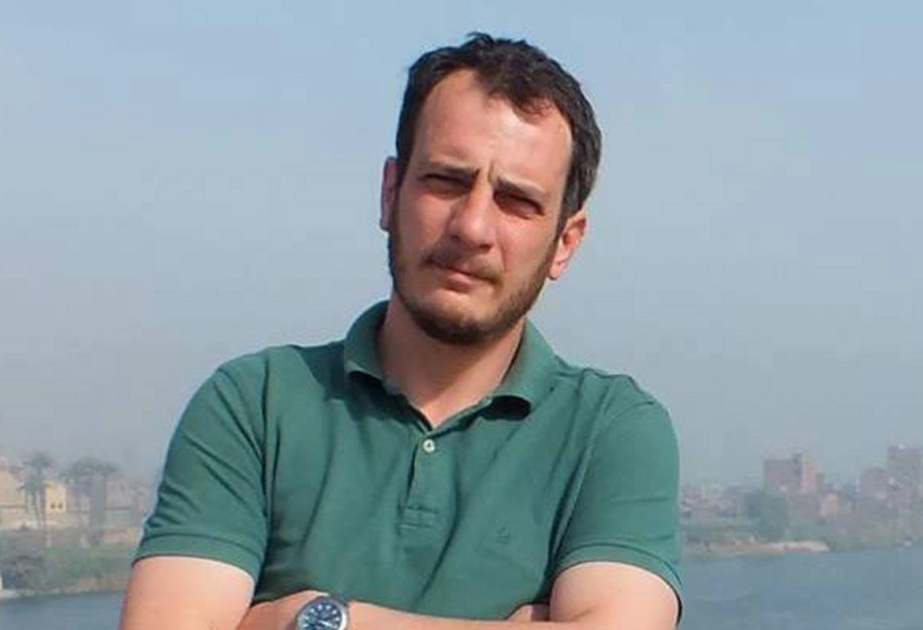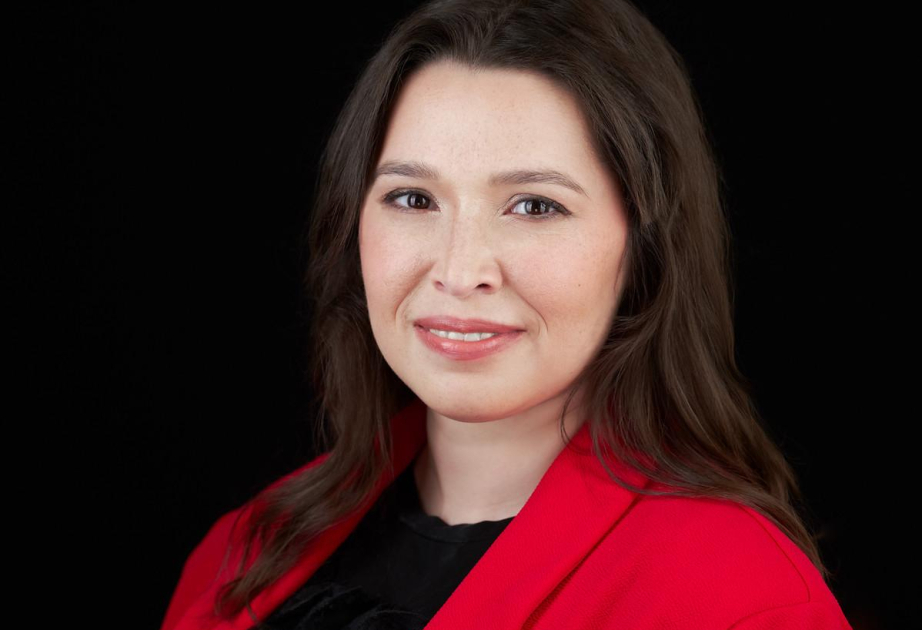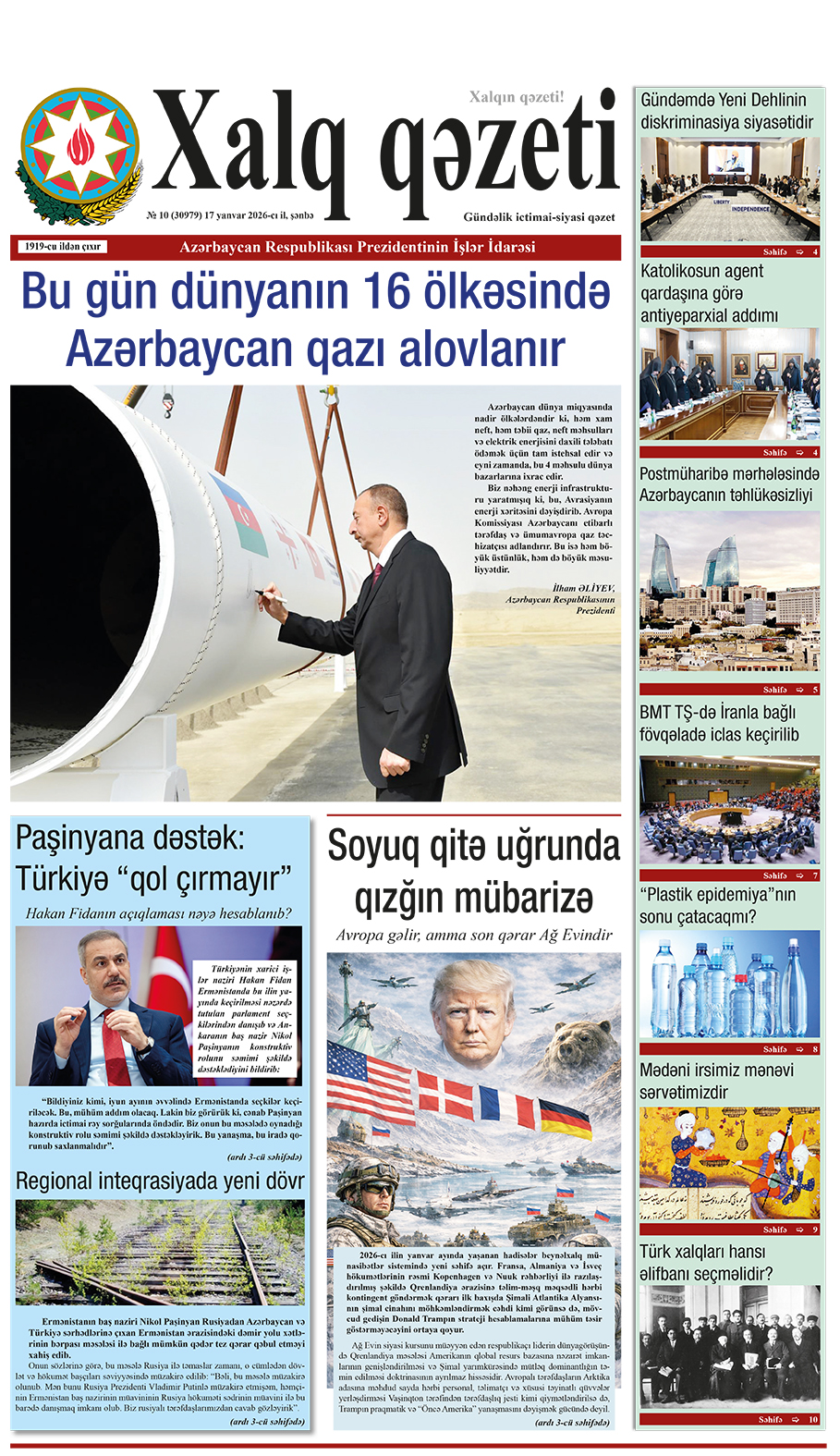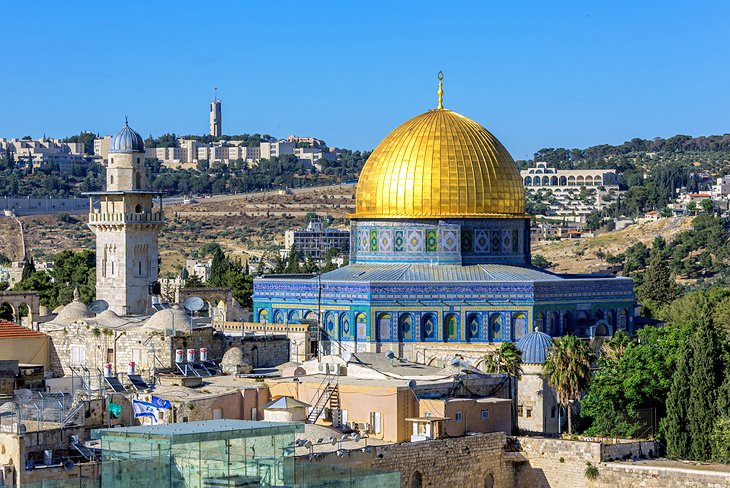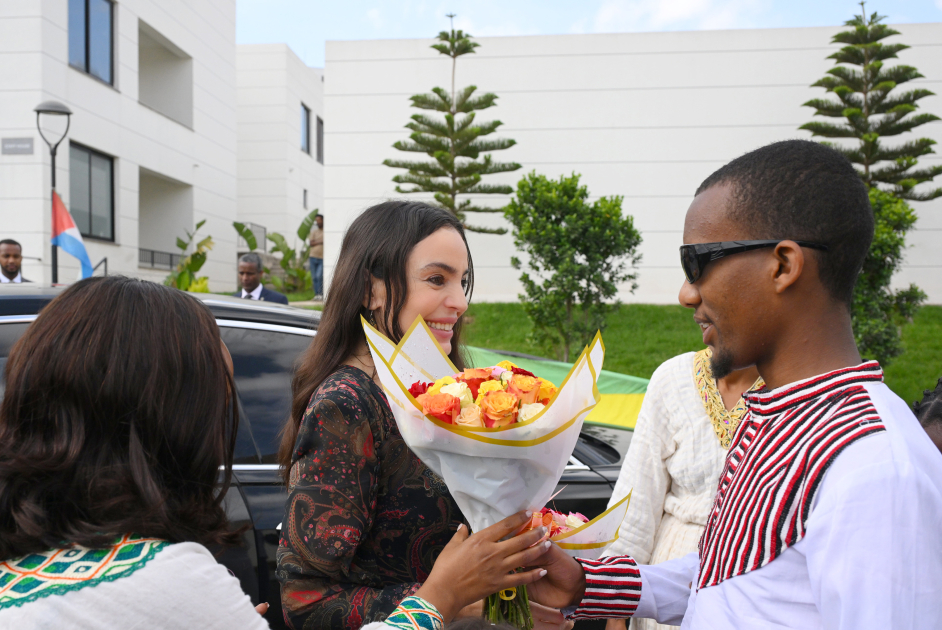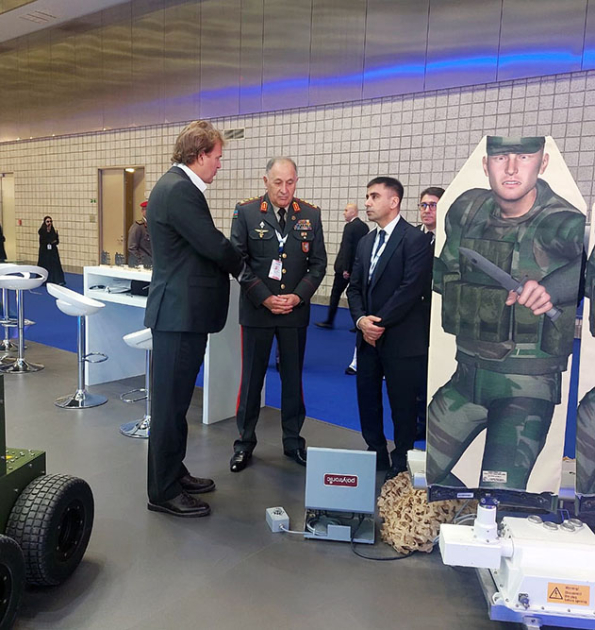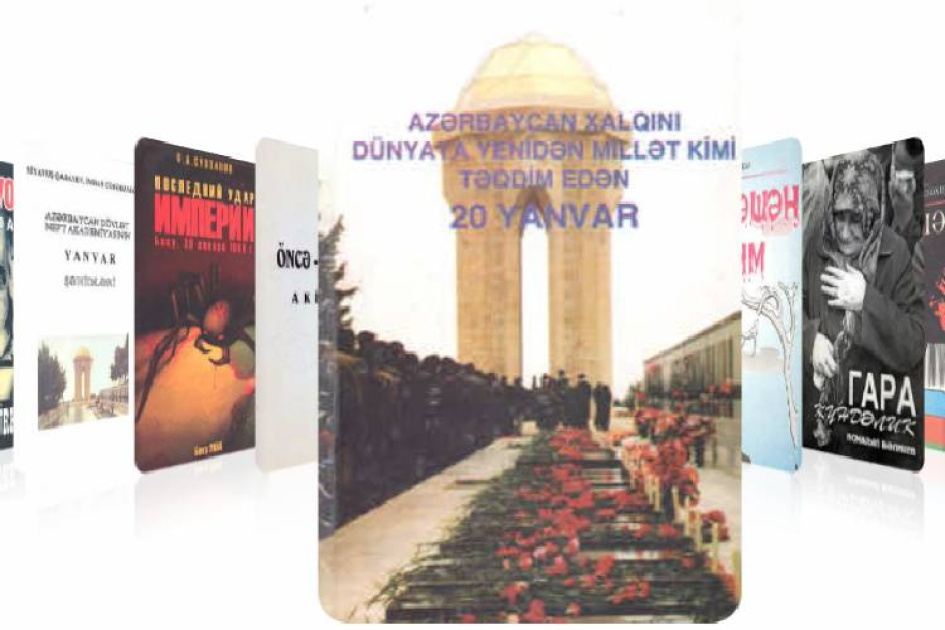Diplomat Magazine has published an interview with Azerbaijan’s Ambassador to the Netherlands, Mammad Ahmadzada.
The interview discusses Azerbaijan’s independent, balanced, and pragmatic foreign policy under the leadership of President Ilham Aliyev, which is based on national interests. It also highlights the alignment of the country’s foreign policy priorities with its broader diplomatic objectives.
Touching on the issue of regional security, the ambassador spoke about the nature of the former Armenia-Azerbaijan conflict, the consequences of Armenia’s military aggression against Azerbaijan, the Patriotic War, and the anti-terror operations that ensured the country’s territorial integrity. He also addressed the landmine problem in the liberated territories, ongoing reconstruction efforts, and Azerbaijan’s commitment to establishing lasting peace in the region. In this context, he outlined the necessary steps Armenia must take and emphasized the benefits peace would bring to the entire region.
The diplomat highlighted Azerbaijan’s energy strategy – which plays a key role in ensuring Europe’s energy security – launched by National Leader Heydar Aliyev and successfully continued by President Ilham Aliyev. He also drew attention to strategic projects aimed at the production and export of oil, gas, and alternative energy in Azerbaijan and the Caspian basin.
The ambassador noted that over the past 30 years, Azerbaijan has twice positioned the South Caucasus and the Caspian basin as hubs of international cooperation – first in energy, and now in transportation. He emphasized the country’s significant role in regional connectivity, particularly in the development of the East-West transport corridor and the Middle Corridor.
He stressed that Azerbaijan, thanks to its geographic advantages, diplomatic agility, resource management, and economic and military capabilities, has evolved into a middle power. The ambassador underlined Azerbaijan’s increasingly active role in multilateral diplomacy, contributing to deeper cooperation by promoting lines of unity rather than division. Speaking about Azerbaijan’s successful chairmanship of the Non-Aligned Movement and COP29, he said these major international events reflect the responsible, pragmatic, and forward-looking nature of the country’s foreign policy.
In the interview, the diplomat shared his views on the political, economic, and humanitarian dimensions of Azerbaijan–Netherlands relations. Noting that the full potential of these relations has yet to be realized, he pointed out that awareness in the Netherlands about Azerbaijan’s realities – its regional leadership, and its strategic importance to Europe in terms of energy and connectivity – remains limited. He stressed that perceptions related to the former Armenia–Azerbaijan conflict and the post-conflict period have been shaped by Armenian narratives, disinformation, and fake news.
Mammad Ahmadzada underlined the significance of recent contacts at the level of foreign ministers and the political consultations held in Baku between the foreign ministries of the two countries, describing them as important steps toward fostering mutual understanding and exploring new avenues of cooperation. He noted that during his tenure in the Netherlands, he had held numerous meetings with representatives from political, public, business, and academic circles. As a result, it became clear that both countries possess strong, complementary advantages.
The diplomat emphasized that by focusing on pragmatic, practical, and mutually beneficial cooperation, Azerbaijan and the Netherlands can build a solid and results-oriented partnership.
In the interview, Ambassador Ahmadzada also answered a question regarding the NATO Summit held in The Hague and Azerbaijan’s areas of cooperation with the alliance.


